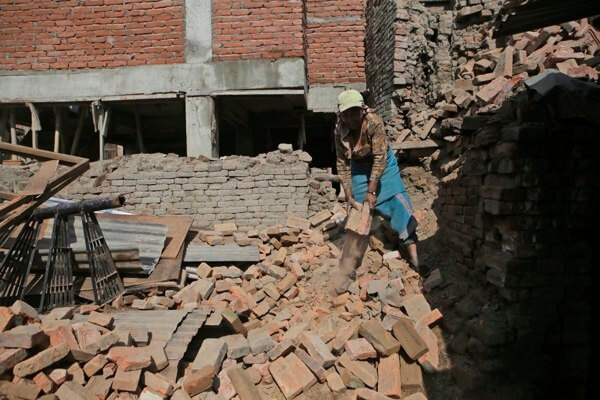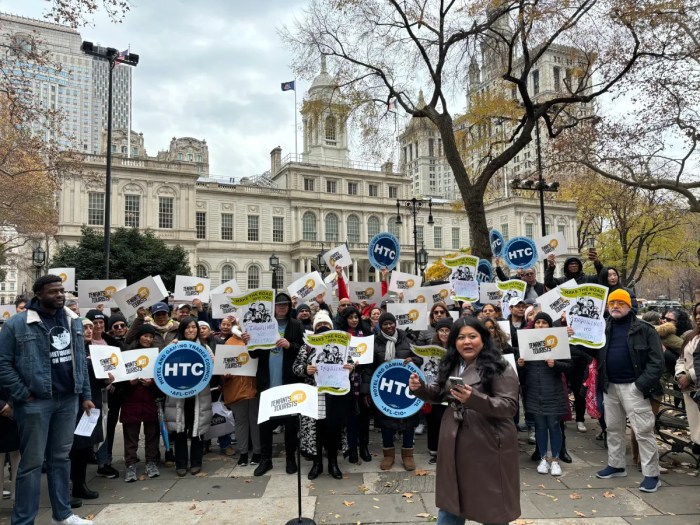By Naeisha Rose
U.S. Rep. Nydia Velázquez (D-Brooklyn) is questioning the Department of Homeland Security’s decision to end Temporary Protected Status for immigrants from Nepal and Honduras.
On Aug. 8, she led 31 members of Congress in sending a letter to DHS to ask why the agency would terminate the immigrants’ status when there are safety threats plaguing the nations of Nepal and Honduras.
“TPS is a practical and effective tool for American foreign policy and allows the United States to respond quickly and appropriately in cases where safe haven is warranted,” the lawmakers wrote. “Safe haven status is not refugee status and, under current law, leads to no legal status despite the basis providing safe haven status exercised by both Republican and Democratic administrations.”
Many Nepali individuals live in Jackson Heights, Sunnyside, Woodside, and Ridgewood, which Velázquez also represents, according to real estate magazine brick
Immigrants from Nepal came to the United States after a 7.8 magnitude earthquake hit the Southeast Asian country in April 2015, and again 17 days later with a 7.3 magnitude earthquake, according to the Mayor’s Office of Immigrant Affairs.
Hondurans under TPS came to the United States in 1999 in the aftermath of Hurricane Mitch in October 1998, according to the U.S. Citizenship and Immigrations Service.
The natural disaster was a Category 5 Hurricane.
All three catastrophes had long lasting, devastating affects on the two countries economically.
The earthquakes triggered landslides, collapsed buildings and left hundreds of thousands of Nepalis without shelter, medicine or food, according to Oxfam. the British coalition of charitable groups.
“In May of 2018, DHS terminated TPS status for Nepal, despite ongoing damage from a 7.8 earthquake in 2015 that killed 9,000 people and destroyed over 755,000 homes,” the congresswoman said.
Hurricane Mitch cost Honduras nearly $2 billion in damages, left over 600,000 people dead, injured and/or homeless. Since the devastation, 74 percent of the population (8.5 million) lives in poverty and have faced even more violent storms as it tried to recover, according to international organizations Oxfam and World Neighbors.
“In the case of Honduras, President Trump’s DHS terminated TPS in June despite a 2016 report noting that the country was facing a housing deficit of 1.1 million homes and was plagued by public health outbreaks of Dengue Fever and Chikungunya,” said Velázquez.
She is calling into question the DHS interpretation of the statutory requirements of the Immigration and Nationality Act in terms of how it is eliminating TPS holders, and more 37 organizations have endorsed her letter to the Department of Homeland Security.
DHS Secretary Kirstjen Nielsen said the reason for terminating TPS for the two countries and many others that were struck by disaster was based on “a review of the environmental disaster-related conditions upon which the country’s original designation was based and an assessment of whether those originating conditions continue to exist.”
The head of a Nepali Human Rights Group based in Woodside spoke out.
“The elimination of TPS was a crushing blow to these hardworking individuals, and we request USCIS Director [Francis] Cissna to consider exercising their power to provide safe haven given the proven country conditions in Nepal,” said Pabitra Benjamin, executive director of Adhikaar, who signed the letter.
Reach reporter Naeisha Rose by e-mail at nrose





































